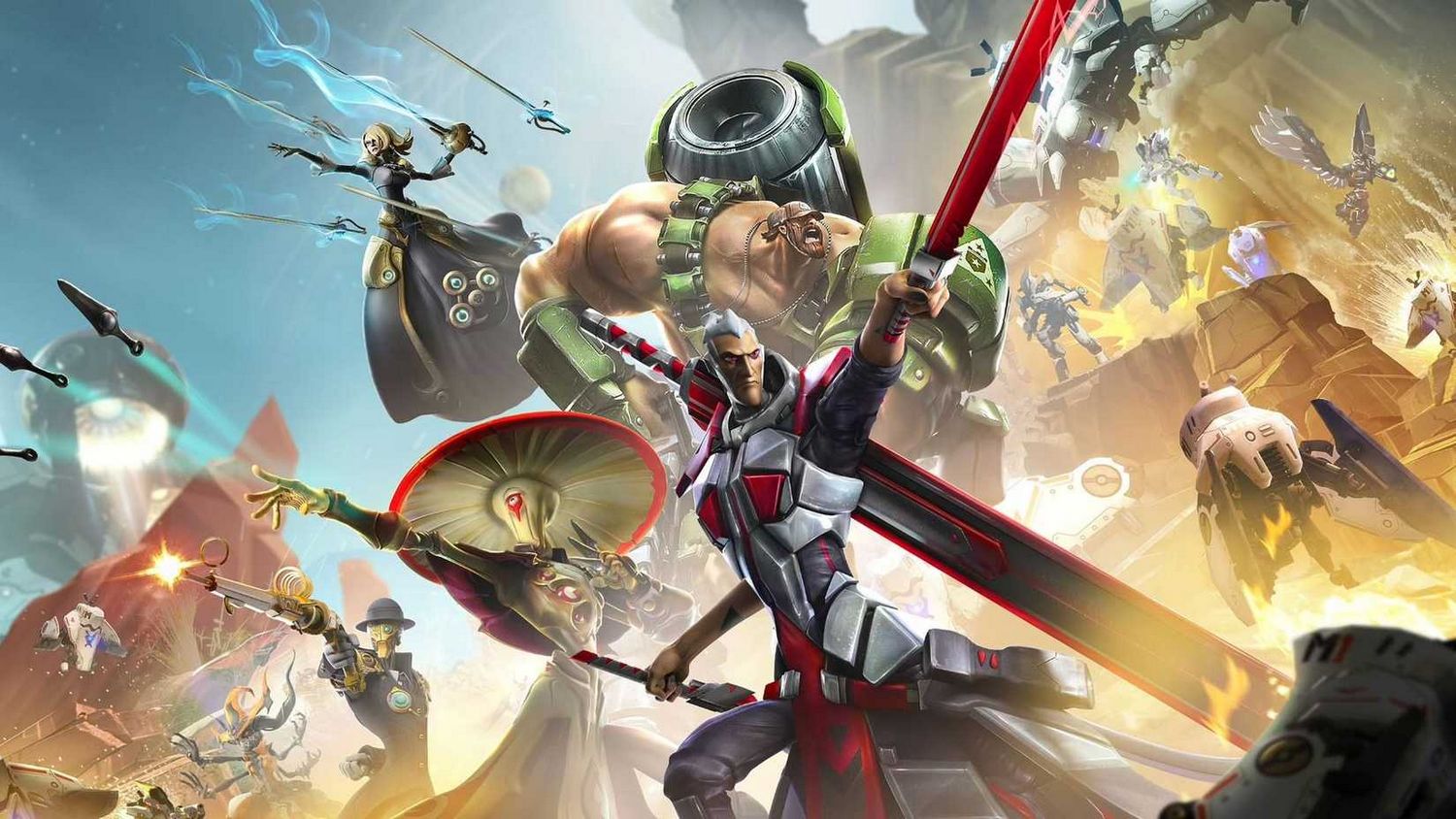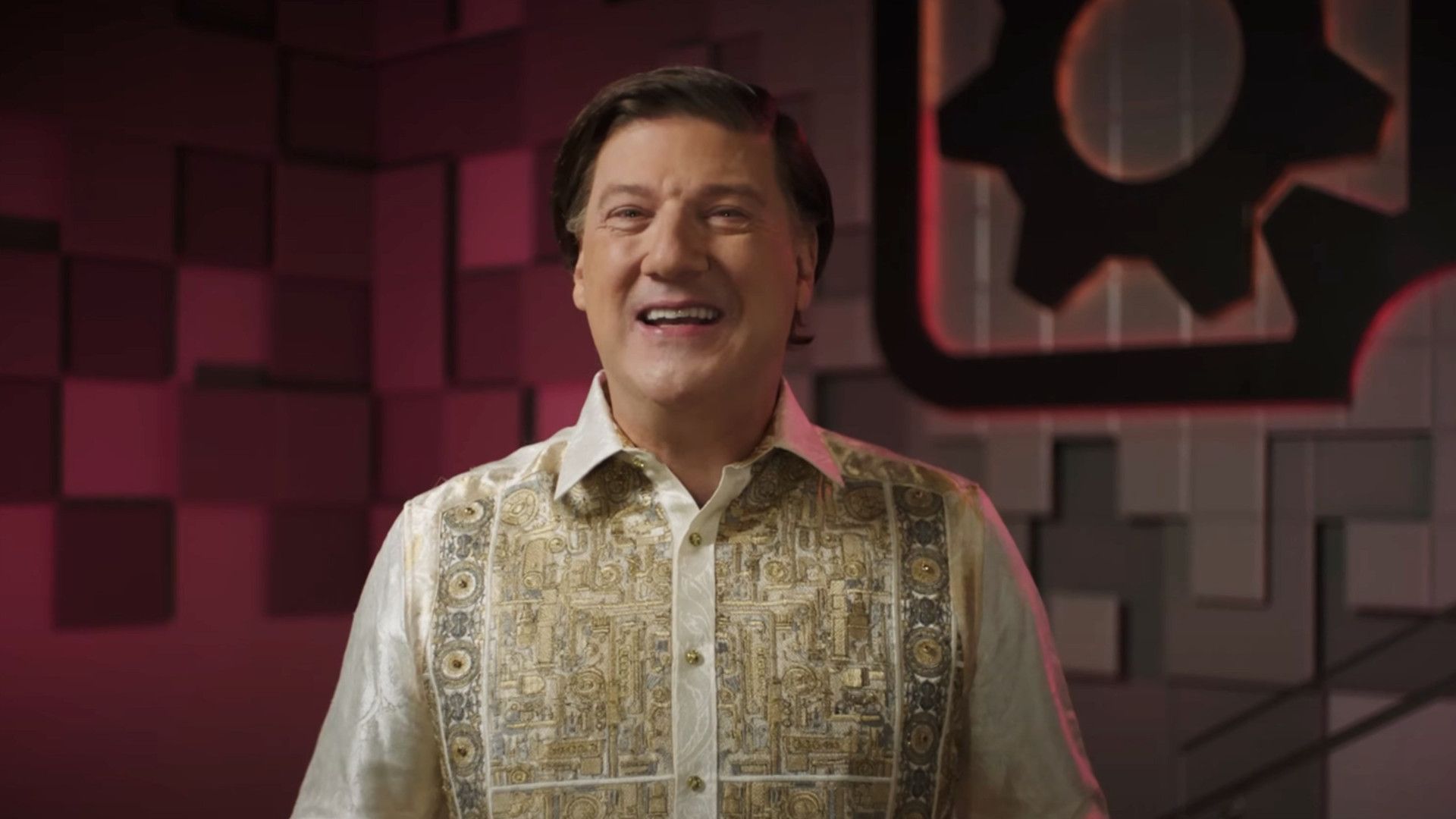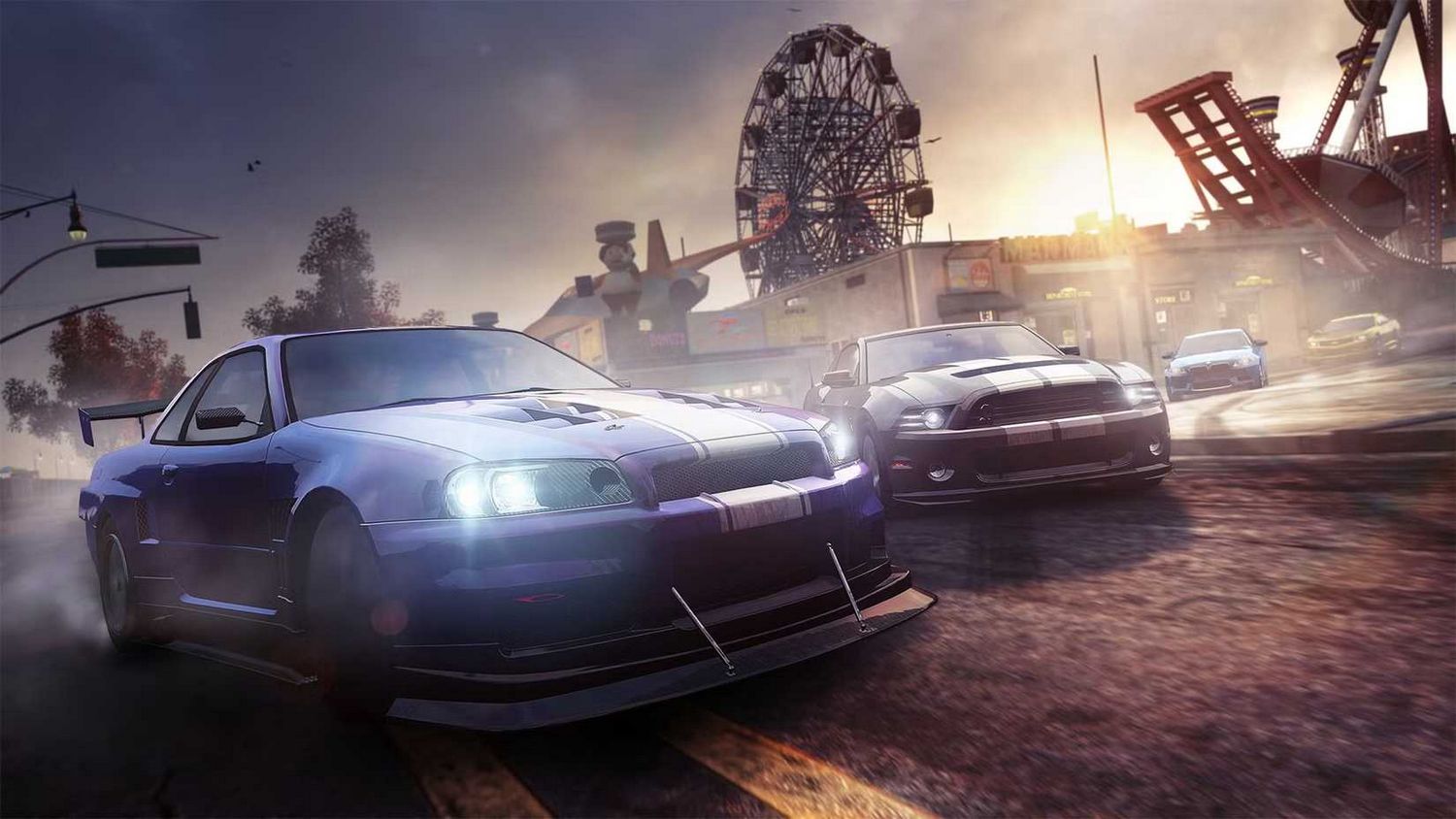Randy Pitchford Weighs In on ‘Stop Killing Games,’ Gets Existential About Death and Life Services
Popular Now
 Minecraft
Minecraft
 Warframe
Warframe
 Schedule I
Schedule I
 FIFA 23
FIFA 23
 Free Fire Max
Free Fire Max
 Geometry Dash
Geometry Dash
 Poppy Playtime
Poppy Playtime
 Rust
Rust
 Grand Theft Auto V
Grand Theft Auto V
 Auto X Drift Racing 3
Auto X Drift Racing 3
 In the digital age of gaming, few topics spark as much debate as game preservation. The recent “Stop Killing Games” campaign, a grassroots movement gaining significant traction, has thrust the issue of server shutdowns and the disappearance of online titles into the spotlight. In an unexpected and characteristically philosophical turn, Gearbox Software’s CEO, Randy Pitchford, has publicly shared his thoughts on the movement. His comments, delivered in a recent interview, are a complex blend of admiration for the activists’ cause and a deep, existential reflection on the nature of live-service games, life, and the heat death of the universe.
In the digital age of gaming, few topics spark as much debate as game preservation. The recent “Stop Killing Games” campaign, a grassroots movement gaining significant traction, has thrust the issue of server shutdowns and the disappearance of online titles into the spotlight. In an unexpected and characteristically philosophical turn, Gearbox Software’s CEO, Randy Pitchford, has publicly shared his thoughts on the movement. His comments, delivered in a recent interview, are a complex blend of admiration for the activists’ cause and a deep, existential reflection on the nature of live-service games, life, and the heat death of the universe.
Admiration and the Live-Service Dilemma
The “Stop Killing Games” campaign, largely fueled by the community’s frustration over the termination of titles like Ubisoft’s The Crew, aims to pressure developers and publishers into ensuring online games remain playable even after official server support ends. The initiative has gathered over a million signatures on a European Union petition and received support from prominent figures in the industry. When asked about the campaign, Randy Pitchford expressed a genuine appreciation for the sentiment behind it.
“I’ve lost games, and it’s an emotional experience, so I admire the activism,” Pitchford told TheGamer. However, he immediately followed this with a crucial counterpoint, highlighting what he sees as a fundamental conflict at the heart of the issue. “It’s a weird, challenging problem, though, because I think that at the same time, if we’re going to have any games that are sincere live services, it seems mutually exclusive to have something that’s going to be a living thing that can’t be allowed to die. I don’t know how to get around that.” This perspective, from a developer of titles like Borderlands that have live service elements, speaks to the complex economic and technological realities of maintaining a game indefinitely. Live services require constant upkeep, server maintenance, and a dedicated team, all of which incur significant costs.
 From Game Preservation to the Heat Death of the Universe
From Game Preservation to the Heat Death of the Universe
As is often the case with Pitchford, his commentary did not stay confined to the world of video games. He quickly expanded his thoughts, framing the “Stop Killing Games” campaign as a metaphor for the human struggle against mortality. He drew a parallel between the desire to preserve a game and the innate human desire to live forever and to ensure the people we care about are always there. He stated, “I hate the fact that someday, the people that I care about aren’t going to be here, and someday I’m not going to be here. I freaking hate that.”
This philosophical leap connects the emotional experience of losing a game to the universal fear of loss and the inevitability of change. He went on to describe how this very hatred of death drives humanity to fight against it, leading to advancements that allow us to live longer and, by extension, allow our digital creations to endure longer as well. In his most expansive and arguably most bizarre comment, Pitchford connected the conversation to the eventual “heat death of the universe” and even the themes of Gearbox’s own now-defunct title, Battleborn, which was centered around the last star in existence before everything ends.
 The Industry’s Broader Response and the Road Ahead
The Industry’s Broader Response and the Road Ahead
Pitchford’s comments, while unconventional, are part of a larger conversation happening within the video game industry. Developers and publishers are grappling with the balance between the finite life cycle of online games and the demand for digital permanence. Companies like GOG (Good Old Games) have built their entire business on the principle of game preservation, offering classic, DRM-free titles that run on modern systems. Meanwhile, other studios are working to implement offline modes or peer-to-peer server options for games that were once exclusively online. The “Stop Killing Games” campaign has highlighted that for many players, a purchase is a right to perpetual access, not just a license to play while the company decides to keep the lights on.
While Pitchford’s perspective on the matter is more of a meditation than a concrete solution, it underscores the deep emotional connection players have to the games they love. The campaign’s success has shown that this is not a niche issue, but a widespread concern that could lead to new industry standards and legal frameworks. Whether this means all live-service games must eventually be preserved in a playable state remains to be seen, but the conversation has been opened in a way that is difficult to close. Pitchford’s unique take, even if it meanders into the cosmic, shows that even industry leaders are now forced to confront this profound issue head-on.








